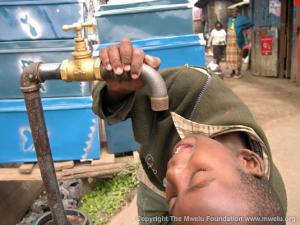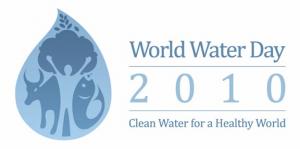|
International World Water Day is held annually on 22 March as a means of focusing attention on the importance of freshwater and advocating for the sustainable management of freshwater resources.

An international day to celebrate freshwater was recommended at the 1992 United Nations Conference on Environment and Development (UNCED). The United Nations
General Assembly responded by designating 22 March 1993 as the first World Water Day.
What defines the quality of water?
 Water quality is an important parameter touching on all aspects of ecosystems and human well-being such as the health of a community, food to be produced, economic activities, ecosystem health and biodiversity. Therefore, water quality also is influential in determining human poverty, wealth and educational levels. Water quality is an important parameter touching on all aspects of ecosystems and human well-being such as the health of a community, food to be produced, economic activities, ecosystem health and biodiversity. Therefore, water quality also is influential in determining human poverty, wealth and educational levels.
From a management perspective, water quality is defined by its desired end use. Consequently, water for recreation, fishing, drinking, and habitat for aquatic organisms require higher levels of purity, whereas for hydropower, quality standards are much less important. For this reason, water quality takes on a broad definition as the ‘physical, chemical, and biological characteristics of water necessary to sustain desired water uses’ (UN/ECE 1995). It needs to be noted that after its use water usually returns back to the hydrological system and if left untreated can severely affect the environment. (read more...)
More information:
http://www.worldwaterday2010.info/
http://www.jpicpassionist.org/
Booklet for the liturgy:
http://www.jpicpassionist.org/Water/English/World%20Water%20Day.pdf
|

